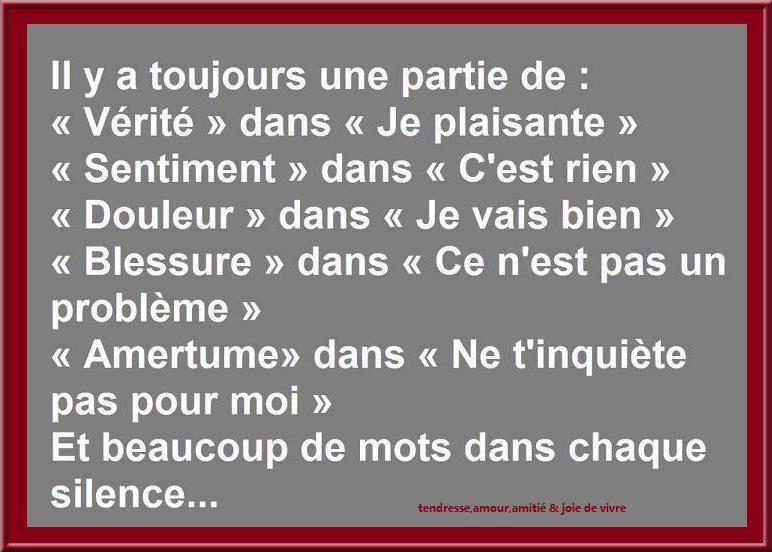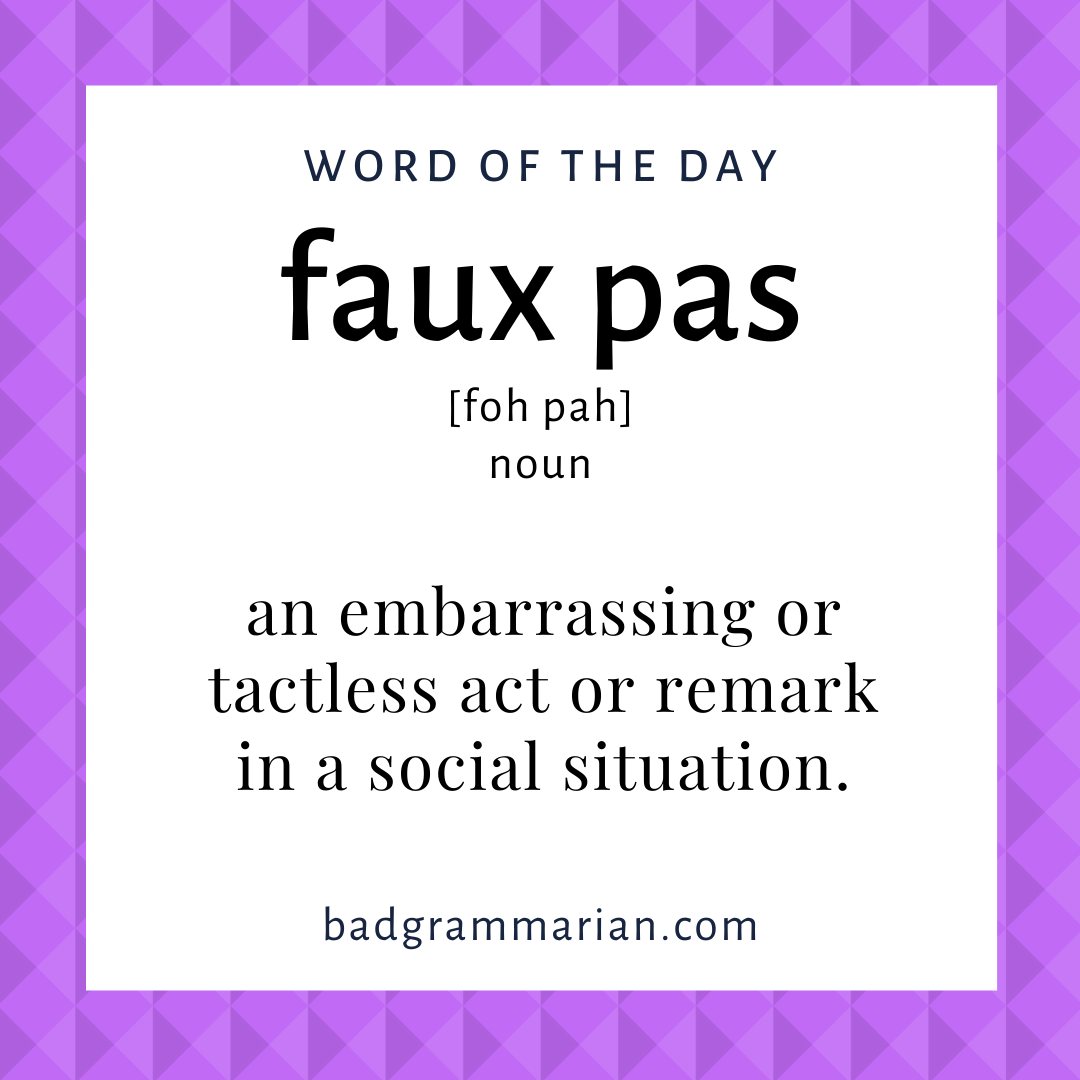
Many aspects of polite society and etiquette in that era were modeled after the French. The usage of “faux pas” in English to refer to a social etiquette mistake was influenced by the prominence of French culture, language, and customs among the upper classes in 18th-century Britain. The French phrase “faux pas” consists of the following:

In French, it was initially used to refer to a literal false step or slip but eventually meant a false or inappropriate action or remark metaphorically. The term first appeared in English in the early 18th century, borrowed from French. The term “faux pas” is a French phrase meaning “false step” or “false step.” It originated in the French language and is referred to as a social etiquette mistake, inappropriate action, or remark in polite society. The intern was grateful her boss shrugged off her minor faux pas as an understandable mistake by an inexperienced newcomer.The unintentional comment caused a moment of awkward silence, but the friend quickly realized it was just an innocent faux pas.The party host tried to smooth over her daughter’s faux pas and pretend it hadn’t happened.Despite his many years of experience in diplomacy, the foreign minister occasionally made a small faux pas.

The ambassador quickly recovered from his minor faux pas and continued discussions.The poorly timed joke was a major faux pas and made the evening awkward.Jenny realized she had committed a faux pas when the guest of honor left in a huff.inadvertent action showing ignorance of etiquette or courtesy.breach of etiquette that transgresses one’s social role.error in etiquette that causes embarrassment or offense.behavior considered inappropriate or ill-judged in social situations.something said or done that offends propriety or gives offense.act that violates accepted social norms, customs, or etiquette.



 0 kommentar(er)
0 kommentar(er)
